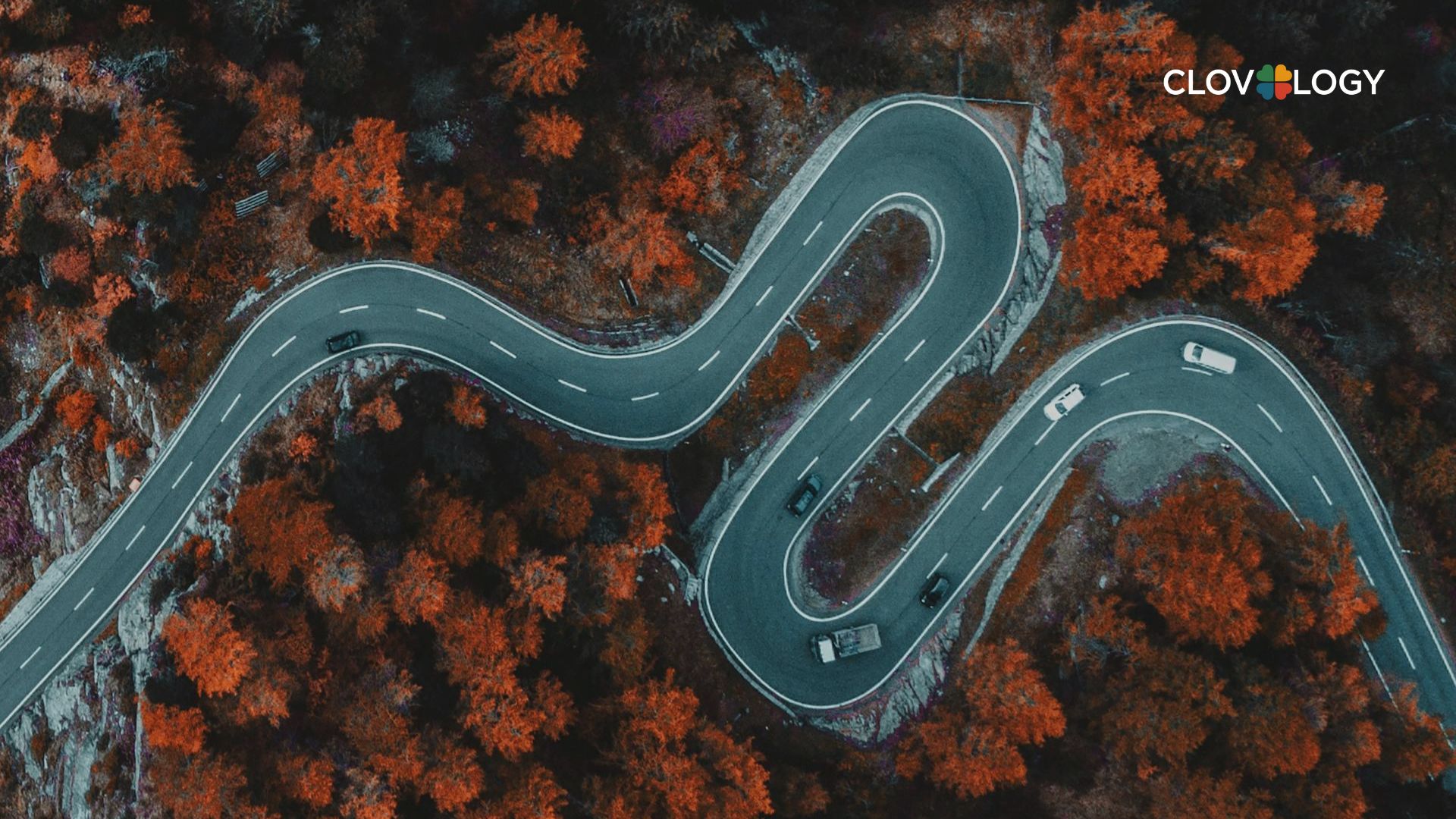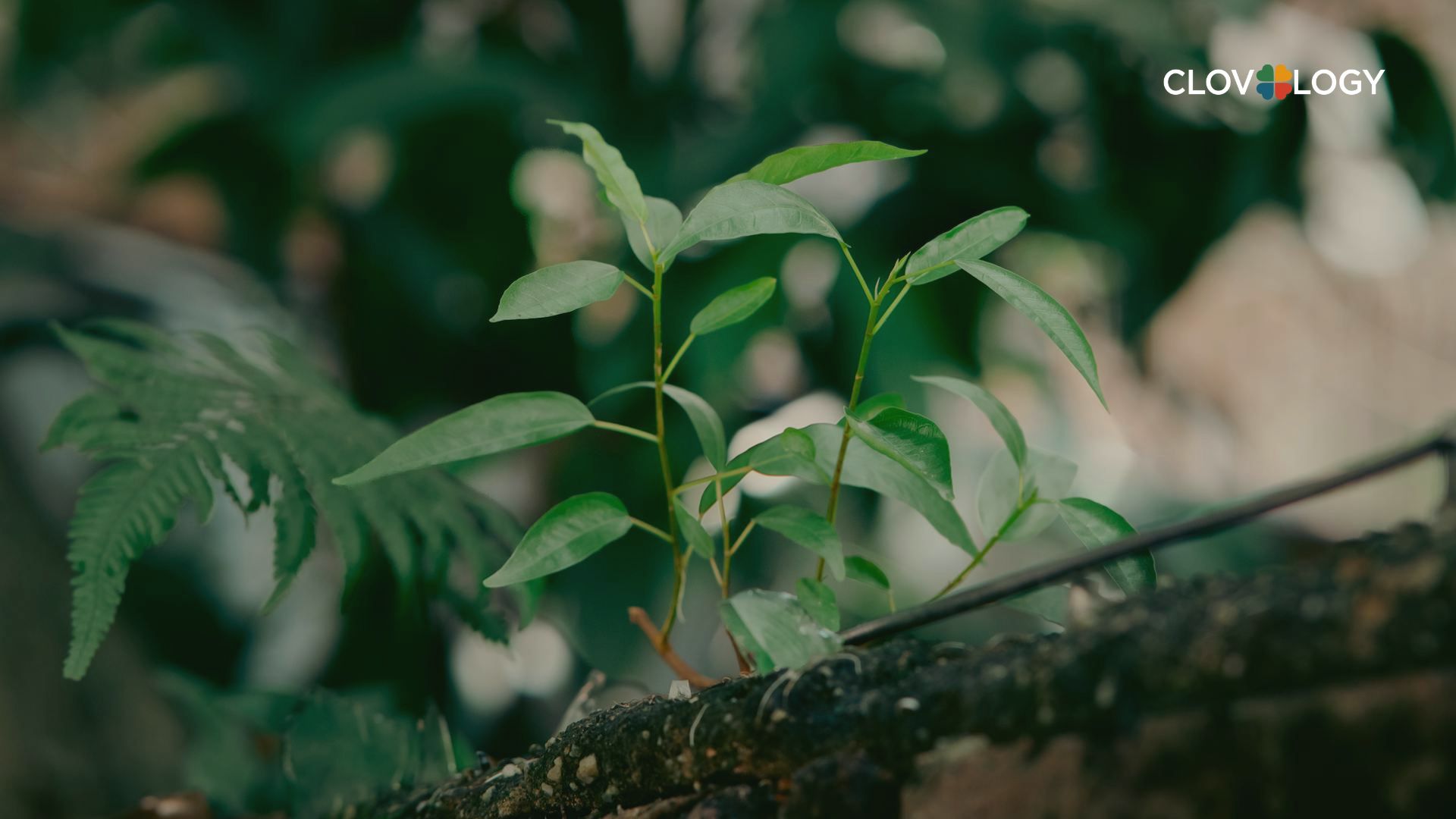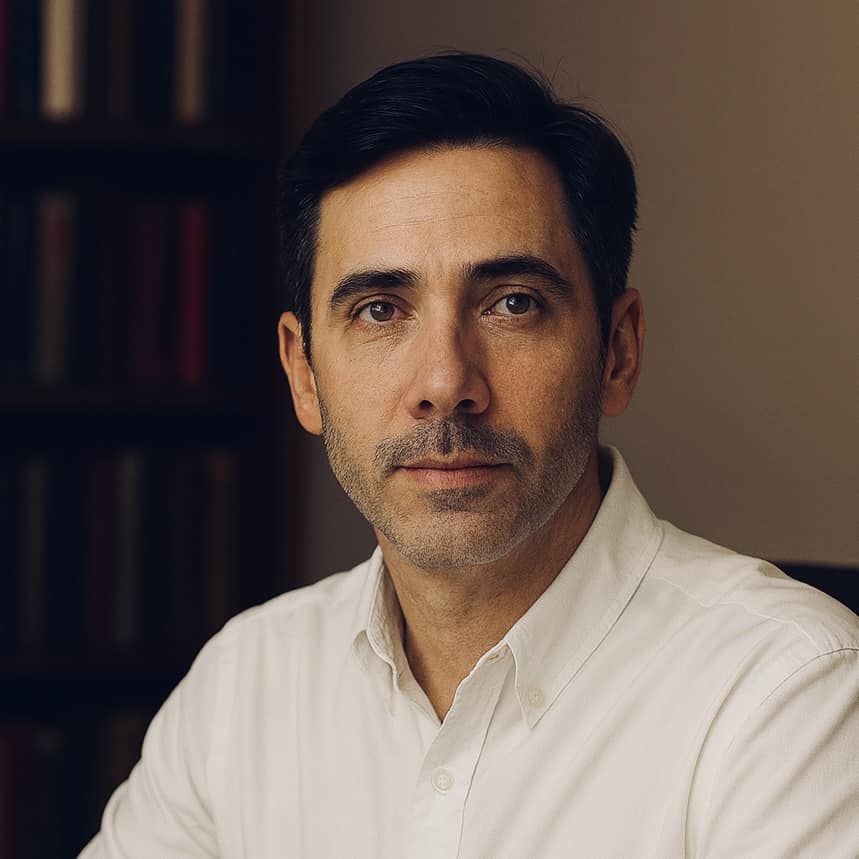If you’ve found yourself here, searching for answers, you’ve likely asked yourself the big questions: “What is happiness, truly?” and “How do I get more of it?”
We’ve all been sold a version of happiness. It’s the promotion, the new car, the perfect relationship, the dream vacation. We chase these milestones, convinced that on the other side of that achievement lies the contentment we crave. And yet, so often, we get there and find the feeling is fleeting. The new car smell fades, the glow of the promotion dims under the weight of new responsibilities, and we’re left wondering, “Is this it?”
After decades of observing life, studying philosophies, and navigating my own share of sunlit peaks and shadowed valleys, I’ve come to a different, more fundamental understanding. My name is D. Clover, and to me, happiness is not a destination or a possession. It is a state of positive energy.
This isn’t just a fluffy, feel-good statement. It’s a radical shift in perspective that can fundamentally alter how you experience your life. It moves happiness from something external you must acquire to something internal you can generate. Let’s explore this idea together.

The Endless Chase: Why Our Common Definitions of Happiness Fall Short
Our culture is obsessed with happiness as a finish line. We’re told:
- Happiness is success. “Work hard, achieve more, and you’ll be happy.”
- Happiness is comfort. “Eliminate all problems, and you’ll find peace.”
- Happiness is a future event. “I’ll be happy when I find a partner, when I have kids, when I retire.”
This destination-based thinking creates a psychological trap. It places our well-being in the hands of circumstances we can’t always control. It makes happiness conditional: “I can only be happy IF…”
This is a fragile way to live. Life, in its beautiful, messy unpredictability, will inevitably throw curveballs. The job is lost. Relationships hit rough patches. Health challenges arise. If our happiness is tied to everything going perfectly, we are setting ourselves up for anxiety and despair.
The ancient Stoic philosophers understood this well. They argued that the root of suffering isn’t pain itself, but our attachment to things outside our control. By defining happiness as an external reward, we give away our power.

The Core Argument: Deconstructing Happiness as Positive Energy
So, if happiness isn’t an external goal, what is it? Let’s break down this idea of it being a state of positive energy.
First, consider the word energy. In physics, energy is the capacity to do work, to cause movement, to create change. It’s not a static object; it’s a dynamic force. Think about your own life. Don’t you feel a certain “energy” from people? You meet someone who is passionate, kind, and engaged, and you feel uplifted, energized in their presence. Conversely, you meet someone who is cynical, fearful, or angry, and you feel drained.
This isn’t metaphorical; it’s experiential. We are, at our core, energetic beings. Our thoughts, emotions, and actions all carry a certain vibrational frequency.
Now, let’s consider positive. Positive energy isn’t about plastering a fake smile on your face and pretending everything is fine. That’s ignorance, not wisdom. True positive energy is the force of:
- Love (compassion, kindness, connection)
- Joy (appreciation, wonder, playfulness)
- Curiosity (openness, a desire to learn and grow)
- Courage (the strength to face difficulty)
- Gratitude (acknowledging the good that is already present)
- Acceptance (making peace with what is, without resignation)
Therefore, to define happiness as a state of positive energy is to say that happiness is your internal capacity to generate and resonate with these life-affirming frequencies, regardless of external circumstances.
It is the inner work that fuels the outer world. It’s not that you achieve and then become happy; it’s that you cultivate a happy, positive energy within, and that state allows you to achieve, connect, and navigate life with far greater resilience and grace.

The Science of Feeling Good: How Positive Energy Shapes Your Reality
This isn’t just philosophical musing; modern science backs this up. The field of positive psychology, pioneered by figures like Martin Seligman, shifted psychology’s focus from merely treating mental illness to understanding what makes life worth living.
Research in this field shows that cultivating positive emotions – that positive energy – has profound effects:
- The Broaden-and-Build Theory (Barbara Fredrickson): Positive emotions like joy, interest, and serenity literally broaden our awareness, allowing us to see more possibilities and make more connections. This broadened perspective then builds our personal resources – intellectual, physical, social, and psychological – making us more resilient and better equipped to handle life’s challenges. A moment of joy leads to a desire to play, which builds a skill. A feeling of interest leads to exploration, which builds knowledge. This is positive energy in action, creating an upward spiral of well-being.
- Neuroplasticity: Our brains are not fixed. They change based on our experiences and, most importantly, our thoughts. When we consciously focus on gratitude, kindness, and optimism, we strengthen the neural pathways associated with those states. We are quite literally wiring our brains for more positive energy, making it a more default setting. It’s a self-reinforcing loop: feeling happy strengthens the circuits for happiness.
- The Mind-Body Connection: Negative energy – stress, anxiety, anger – triggers the release of cortisol and adrenaline, harming our long-term health. Positive energy, however, is associated with the release of endorphins (natural painkillers), serotonin (a mood stabilizer), and oxytocin (the bonding hormone). Cultivating positive energy isn’t just good for your mind; it’s medicine for your body.
When you view happiness as this kind of dynamic energy, it becomes something you can actively work on, like building a muscle. You wouldn’t expect to have strong physical muscles without ever going to the gym. Similarly, we cannot expect to have a strong, resilient state of positive energy without exercising it.

The Practice: How to Cultivate Your Own Positive Energy
Understanding the theory is one thing. Living it is another. The beautiful part of this definition is that it empowers you. You are not a passive recipient of happiness; you are an active generator of it. Here are ways to stoke your internal fire of positive energy.
1. Practice Conscious Gratitude
This is the cornerstone. Gratitude instantly shifts your energy from a state of lack to a state of abundance. It’s impossible to feel genuinely grateful and anxious at the same time. Don’t just think it; write it down. Keep a gratitude journal and list three specific things you are grateful for each day. They can be profound (your health) or simple (the warmth of your coffee cup on a cold morning). This practice trains your brain to scan for the good.

2. Engage in Acts of Kindness and Service
When we give, we receive. Performing a genuine act of kindness – holding a door, giving a sincere compliment, volunteering – creates a profound ripple of positive energy. It connects us to others, reduces our focus on our own problems, and releases oxytocin. It’s a powerful reminder that we are part of something larger than ourselves.
3. Move Your Body
Energy must flow. Stagnation leads to low, heavy energy. Movement – whether it’s yoga, dancing in your kitchen, a brisk walk in nature, or a hard workout – releases endorphins, shakes off stress, and connects you to the physical joy of being alive. Your body is a conduit for energy; move it with intention.
4. Curate Your Inputs
Your mind is a garden. What you plant there will grow. Be ruthlessly conscious of the energy you allow into your life.
- Media: Does the news you watch or the social media you scroll leave you feeling informed and connected, or anxious and inadequate?
- People: Do your relationships energize you or drain you? Spend more time with those who uplift you and set boundaries with those who consistently bring negativity.
- Environment: Create a space that feels peaceful and inspiring to you. Light, music, and cleanliness all affect your energetic state.

5. Embrace Mindfulness and Presence
Positive energy exists only in the present moment. You cannot generate joy by ruminating on the past or worrying about the future. Mindfulness practices – like meditation, deep breathing, or simply paying full attention to a single task (like washing dishes or petting a dog) – anchor you in the now. This is where you can access peace, and from peace, all other positive energies can flow.
6. Reframe Challenges as Fuel
This is perhaps the most advanced practice. A life with positive energy is not a life without problems. It’s a life with a different relationship to problems. Instead of seeing a difficulty as a barrier to happiness, can you see it as a chance to generate a new kind of energy? The energy of courage, of perseverance, of creativity? The obstacle doesn’t block the path; it is the path. It’s the raw material you use to build your resilience.

The Ripple Effect: Your Energy is Your Greatest Gift to the World
When you begin to cultivate this internal state of positive energy, something remarkable happens. It stops being just about you. This energy radiates out. It impacts your family, your friends, your colleagues, and even strangers you interact with.
You become a source of calm in someone else’s storm. Your gratitude can remind others of their own blessings. Your kindness can change the course of someone’s entire day. By taking responsibility for your own energy, you are actively making the world around you a better, brighter place. This is the most powerful and meaningful form of leadership.

A New Definition of Happiness for a Fulfilling Life
So, let’s return to our original question: What is happiness?
It is not the gold watch at retirement. It is not the absence of problems. It is not a conditional reward waiting for you at some future date.
Happiness is the vibrant, resilient, and renewable state of positive energy that you cultivate within yourself through daily practices of gratitude, kindness, presence, and courage.
It is the light you carry within you, a light that cannot be extinguished by external darkness because you have learned how to fuel it yourself. It is your birthright and your most profound capability.
This shift in perspective is the work of a lifetime, but it is the only work that truly matters. It is the journey from seeking happiness to being happiness. And from that place of being, everything else – the success, the love, the beautiful life – naturally and joyfully follows.
Start today. Choose one small practice. Generate one spark of positive energy. Tend to it. Watch it grow. And remember, you are not chasing happiness. You are building it, moment by moment, from the inside out.
With warmth and belief in your journey!













